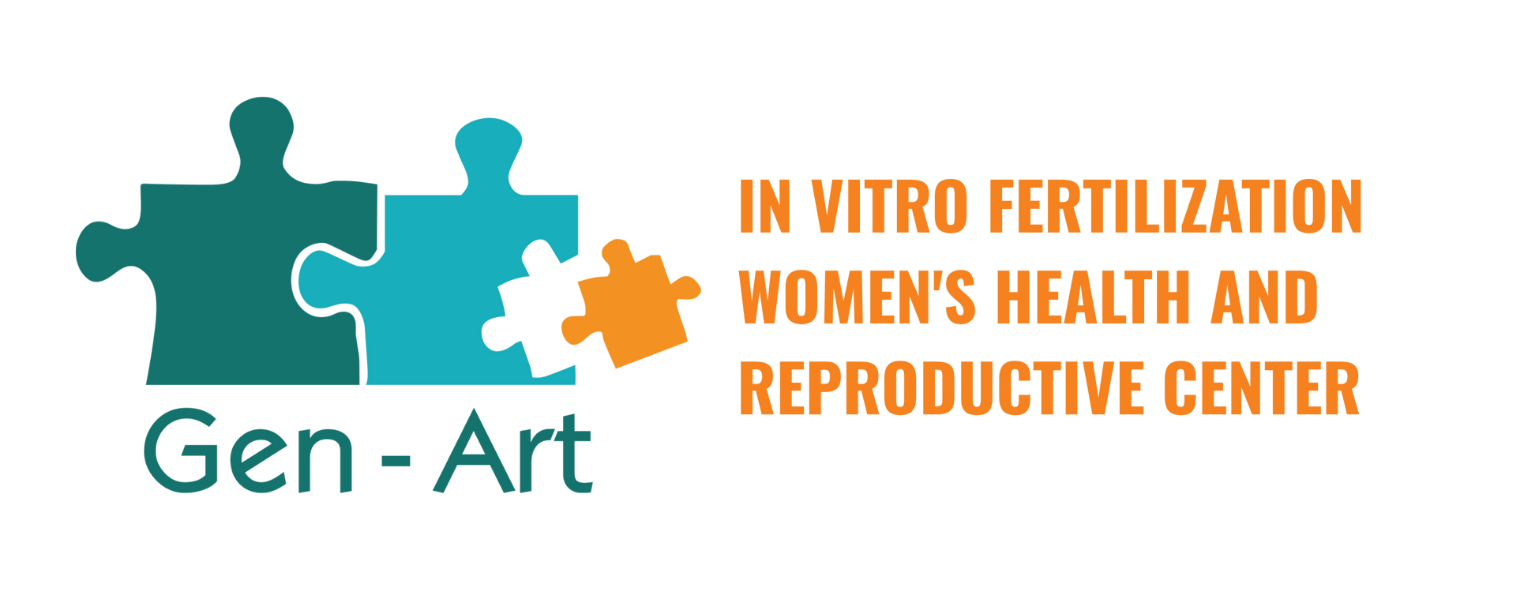Egg freezing is the process of collecting and freezing the eggs (oocytes) of women in order to protect their future fertility. Today, many women have to postpone their dreams of becoming a mother due to work and career concerns. In this case, with the advancing age of the expectant mother, the egg reserve and quality are seriously decreasing. This reduces the chance of possible pregnancy. Apart from these, cancer treatments that will affect reproduction, low egg reserves or women at risk of early menopause freeze their eggs in order not to lose their reproductive abilities, paving the way for having a baby in the future.
Egg Freezing Process:
-
Preparation and Evaluation:
-
Women undergo a series of tests to assess their ovarian reserve and general health.
-
Hormone tests and ultrasonography are performed.
-
Stimulation of the Ovaries:
-
Women receive hormone injections to stimulate their ovaries and to produce more than one egg. This process usually takes 10-14 days.
-
During this process, the growth and development of the ovaries is monitored by ultrasound and blood tests.
-
Egg Collection:
-
The matured eggs are collected from the ovaries with a needle under light sedation with vaginal ultrasound guidance. This procedure takes about 20-30 minutes.
-
The collected eggs are evaluated in the laboratory and the mature ones are selected.
-
Freezing of Eggs:
-
Selected mature eggs are frozen by a rapid freezing method called vitrification. This method ensures better preservation of the eggs by preventing the formation of intracellular ice crystals.
-
Frozen eggs can be stored for a long time in liquid nitrogen tanks.
Who is egg freezing suitable for?
-
Cancer Treatment: Women who want to preserve their fertility before cancer treatment (chemotherapy or radiotherapy).
-
Surgeries that will lead to loss of reproductive functions (operations such as removal of the ovaries) before
-
Endometriozis: Women diagnosed with endometriosis and reduced ovarian reserve.
-
Family History of Early Menopause: Women who have a family history of early menopause and are concerned that their own fertility may end prematurely.
-
Career or Education: Women with low ovarian reserve who want to postpone their plans to have children for various reasons such as career.
-
Single patients with reduced ovarian reserve: Women who have been diagnosed with a low ovarian reserve and need time to find a suitable partner or want to postpone having children for personal reasons.
Oocyte freezing has become legal in our country in case of low ovarian reserve and not yet given birth or family history of early menopause is documented by a medical board report consisting of three specialist physicians.
Egg freezing is an important option for fertility preservation, but success rates can vary depending on age and individual health status.
It is important to consult an in vitro fertilisation specialist for detailed information and an assessment appropriate to your individual situation.



